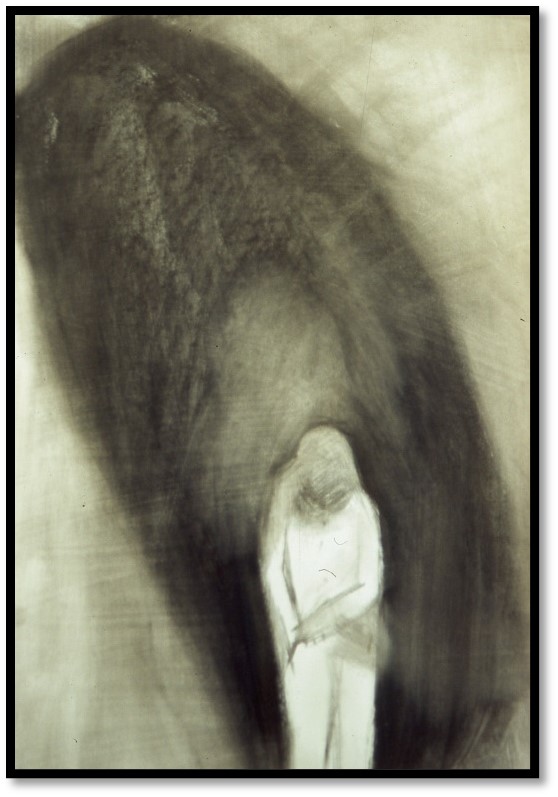Trauma One
Attachment and Trauma
--------------------------------------
Touch and bodywork have been important parts of healing practices since ancient times. But since the turn of the 19th century, touch became formally taboo in the western practice of psychotherapy. This was mainly established by Freud in response to his contemporary culture of Victorian Europe. By repressing touch, Freud was also distancing himself from some of his contemporaries (e.g. Anton Mesmer) who used touch in questionable ways (i.e. ways that seemed to be mostly for the benefit of the practitioner) and offended the conservative culture of the time.
During the 20th century, practitioners of psychotherapy debated, wrote about, and at times introduced touch and even nudity into their work. But this was either criticized and denied by the more dominant voices, or condemned due to inappropriate and unethical practices that harmed the client. Among the better-known protagonists of this drama were Sandor Ferenczi, a protégé of Freud’s, who practiced holding, caressing, and kissing his clients, and Paul Bindram, who ran nude encounter groups from 1967 to early 1980s with much intrigue and controversy.
On the other hand, the role of touch in the establishment of secure attachment as well as mental and physical health has been shown through research and practice throughout the last and the current century.
This course is designed to familiarise students with the use of touch and the full inclusion of the body in the process of treatment of trauma in order to directly address the traumatic effects which are stored in the body and which impede the ideal life of the person.
With the help of a rich resource list that consists of readings and videos on topics relevant to each of the nine lessons you will gather a good foundation in understanding trauma and its effects both in the general population and in your personal life. The course will also discuss underlying requirements and processes that facilitate healing.
……………………………………………………………………………
Course Format: need-based one-on-one meetings, videos and readings, a 9-unit series of home practices and exercises
Course Objectives: To gather theoretical understanding of the Pleasure Process and practical applications of trauma-focused practice
Through a combination of lectures, discussion of suggested readings, online video presentations, and in-person practice the course covers a range of relevant topics including the following:
o definitions of attachment:
§ needs and desires
§ relationship styles
o definition of trauma:
§ general terminology
§ complex/developmental
o definition of the Pleasure Process
§ a new formulation of human development process
o discussion of impact of traumatic experience:
§ Physiological
§ Emotional
§ Psychological
§ Social and interpersonal
o potential presentations and impact of trauma effects in sessions:
§ over-dependence and loss of agency
§ armouring and suspicion
§ dissociation
o safe containment:
§ self-regulation
§ client-centred pacing
o discussion of physical and physiological effects of trauma in order to build:
§ safety
§ capacity for pleasure
§ person-centred learning
o Discussion of the impact of trauma in one’s life (final project)
Eligibility
This course is suitable for practitioners in the field of sexuality, trauma, and bodywork (including students of somatic work such as Somatic Sex Education and Sexological Bodywork) who would prefer to be well-informed of the potential presence of complex traumatic experiences and the impact on the work with their clientele. The information presented in this course aims to create a safer container for potential in-session presentations of trauma effects (e.g. intense emotions or negative behaviour patterns). After the completion of Trauma One students will qualify to enroll in Trauma Two to learn practical ways and hands-on techniques to enhance their practice with a trauma-healing dimension.
Final Assignment
Successful completion of this course requires an introspective project (paper or other formats) on the student’s personal relationship to the topic of trauma.
